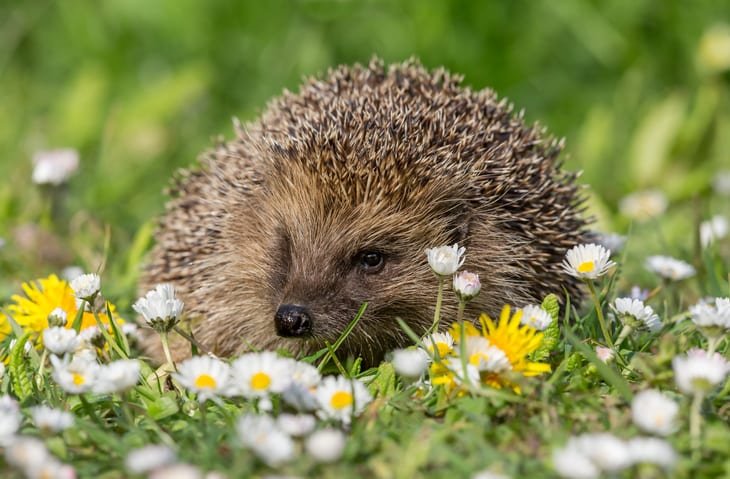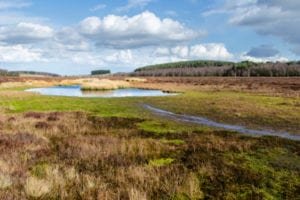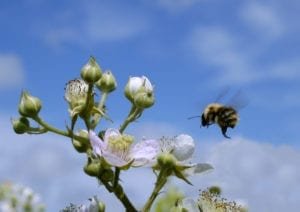New research published today (21 May) points to a growing disconnect between people and wildlife, despite many in the UK claiming they feel closer to nature following a year of lockdown.
A survey commissioned by Jordans Cereals has found that almost half (44%) of the UK public have never seen a hedgehog in the wild, a figure that increases to 57% for those aged 18-34.
The hedgehog has long been emblematic of British wildlife, but the new statistics appear to reflect the dramatic decline of the species in the UK – from a population of around 30 million in the 1950s to under 1.5 million now.
It’s not only our beloved hedgehogs that are vanishing. The survey also found that well over half of us have never seen an owl (59%), hare (70%) or badger (73%) in the wild.
An ecological emergency
This new research comes against the backdrop of an ecological emergency, with 41% of British wildlife now in decline and one in four native mammals at imminent risk of extinction, according to the latest State of Nature report.
Despite this, the majority (69%) of people in the UK say that observing nature in their own outdoor space has provided comfort to them during lockdown, with the same figure claiming that being able to spend time in their garden has helped them get through lockdown.
Make space for nature
In response to the UK’s nature crisis – and with an aim to harness the public’s renewed connection to their outdoor space – Jordans is launching Grow Wild with the support of charity partner The Wildlife Trusts. The goal is to encourage people to nurture wildlife on their doorstep.
The campaign, launching on the eve of the UN’s International Day for Biological Diversity (22 May), calls on the nation to dedicate a patch of their outdoor space to nature – whether a flowerbed, a wall or even a window ledge.
With an estimated 24 million gardens in the UK, covering some 10 million acres – and plenty more balconies, walls and window ledges besides – Jordans and The Wildlife Trusts want to highlight the importance of people’s outdoor space to act as important havens for wildlife, including birds, butterflies and bees.
How we use gardens
Data from the survey suggest that while we are feeling more connected to nature, we’re not prioritising it when it comes to how we organise our outdoor spaces.
When asked about their main motivation for gardening, only 10% of the public said that they were focused on making their outdoor space a better place for wildlife.
The research suggests that the necessity for outdoor socialising brought about by the pandemic has had a bearing on garden use: almost a fifth (18%) of people have installed outdoor seating in their gardens in the last year, a figure which rises to a quarter (25%) in the 18-25 age group.
In addition, a tenth (9%) of people have installed a patio in their outdoor space in the last 12 months. Notably, a sixth of respondents (16%) stated that they are considering installing artificial turf, which is detrimental to wildlife.
Wildlife-friendly gardening
Through Grow Wild, Jordans aims to demonstrate that by making small changes to the way we cultivate and enjoy our outdoor spaces, we can make a significant difference to nature – just as Jordans farmers make a difference by setting aside at least 10% of their land for wildlife.
By training climbing plants up a bare wall, growing pollinator-friendly flowers and herbs on a balcony or window ledge or simply saying no to artificial turf, we can all make a big impact, even in a small space.
 Play Video about This Rock Might Just Save The World
Play Video about This Rock Might Just Save The World Play Video about Play 2 hours of rock
Play Video about Play 2 hours of rock Play Video about Play 2 hours of brook
Play Video about Play 2 hours of brook Play Video about Play 2 hours of sheep
Play Video about Play 2 hours of sheep














































